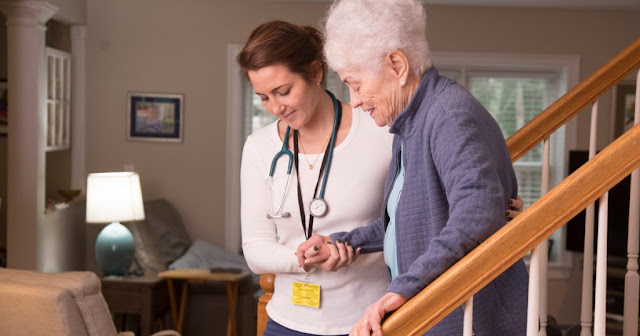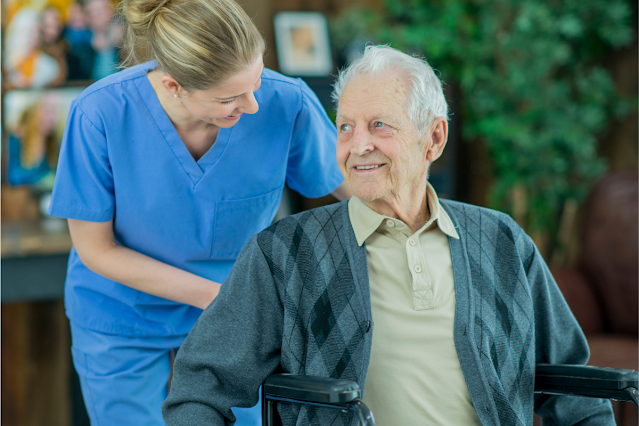5 Bad Habits to Block out When Considering In Home Elder Care
Melbourne's ageing population is one of the fastest-growing demographics in our city. It's no wonder that In Home Care Melbourne is becoming an increasingly popular choice for families. Whether you're exploring in home elder care options for a loved one or are simply trying to learn more about them, it's important to be aware of the bad habits that can block out elder care success.
Five bad habits can block out elder care success.
When it comes to in-home elder care, it's important to set up some basic ground rules to ensure success. One thing to avoid is letting bad habits get in the way. Here are five bad habits that can block out elder care success:
- Neglecting to take advantage of home health aides and other assistance.
Many seniors are hesitant to take advantage of home health aides, preferring to live independently for as long as possible. This can be a mistake, as neglecting to take advantage of available help can lead to a decline in health and an increase in reliance on in-home care. Home health aides can provide important assistance with activities of daily living, such as bathing, grooming, and dressing, which can help keep seniors healthy and independent. In addition, many communities offer other types of assistance, such as transportation or meal delivery, which can further reduce the need for in-home care.
- Refusing help from family and friends.
One of the worst things you can do when considering In Home Care Melbourne is to refuse help from family and friends. This goes against one of the main reasons for considering In Home Care Melbourne in the first place- to keep your loved one close by. Not only does refusing help deny your loved ones the support they need, but it also puts a strain on your relationships. Family and friends are usually more than happy to help out, but they may start to feel resentful if they are constantly turned down. It's important to remember that caregiving is a team effort, and everyone needs to be on board for it to be successful.
- Letting the house become cluttered and messy.
One of the biggest mistakes people make is thinking that they can just clean up the house a bit before their loved one moves in. Unfortunately, this usually just leads to even more clutter, and it becomes difficult to track down everything that needs to be done. Not only does this make it harder for the person providing in-home elder care, but it also makes it more difficult for the elderly person themselves. It's important to create a routine and stick to it so that the house stays clean and manageable. This not only makes it easier on everyone involved, but it can also be a source of comfort and stability for your loved one.
- Not setting aside time for relaxation and self-care.
One of the biggest mistakes we see people make is not setting aside time for themselves. When you're taking care of a loved one, it's easy to get wrapped up in their needs and forget about your own. But it's crucial to take some time for yourself—even if it's just an hour or two each day. This is your time to relax and rejuvenate, so don't let anything get in the way. Make sure to schedule some time for yourself, even if it means saying no to invitations or cancelling plans. And don't forget to take some time for relaxation! Whether you like to read, take a bath, listen to music or do something else that helps you wind down, make sure to fit it into your day. Taking care of yourself is just as important as taking care of others.
- Failing to schedule regular doctor appointments
One bad habit that can have a serious impact on your loved one's health is failing to schedule regular doctor appointments. Whether it's remembering to make the appointments or actually taking your loved one to the doctor, this is something that needs to be done on a regular basis. Not only will it ensure that your loved one is getting the necessary care and treatment, but it will also help you track their health progress and identify any potential problems early on.



Comments
Post a Comment